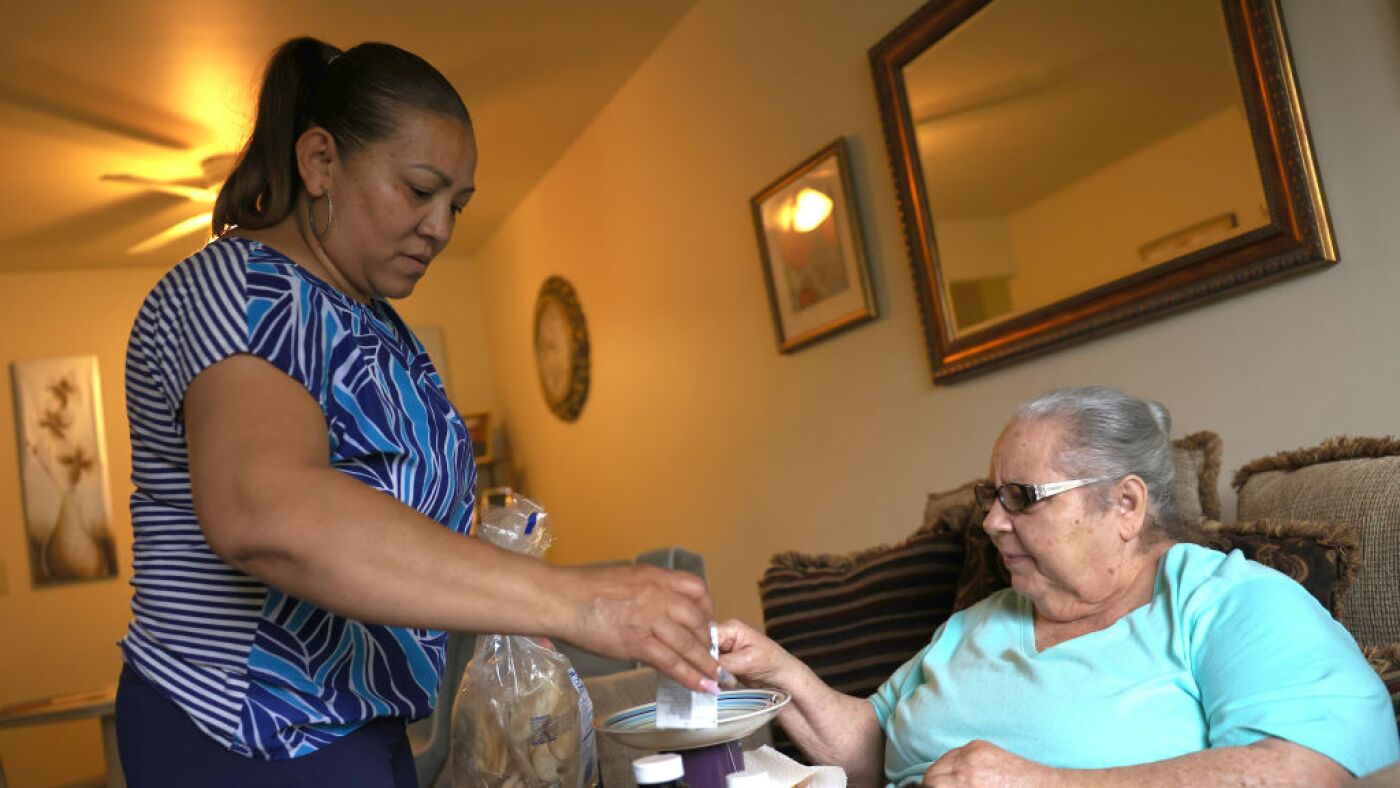Proposed Medicaid Cuts Spark Concerns Over Long-Term Care Funding
Medicaid, a vital support for millions of Americans requiring long-term care, is facing potential budget cuts as lawmakers seek ways to reduce the federal deficit. The House of Representatives recently passed a budget framework aimed at trimming Medicaid spending, which could significantly impact family caregivers and those in need of long-term care.
As a program funded by both federal and state governments, Medicaid serves as the primary health insurance for low-income individuals and covers more than half of the $415 billion spent annually on long-term care for the elderly and disabled. This includes 60% of extended nursing-home stays, which are critical for nearly a million people.
While Medicare caters to those over 65, it doesn’t cover long-term nursing-home stays or ongoing in-home assistance. Medicaid fills this gap by providing home and community-based services to approximately 4.5 million chronically ill or elderly individuals in the U.S., funding caregiver wages and essential services.
Impact on Caregivers and Recipients
David Grabowski, a health economist at Harvard Medical School, warns of the consequences of cutting Medicaid services, which he says are essential for daily activities such as bathing and dressing. Cuts could increase hospitalizations, emergency room visits, and even early death.
Sharon Duchessi, a Sacramento resident, relies on Medicaid to care for her partner, who suffers from diabetes and a bad back. The program compensates Duchessi, but she still finds the hours insufficient for the care required. “Caregivers — we’re a different breed,” she says, highlighting the challenges faced by those in her position.
Budget Negotiations and Future Implications
The House budget resolution suggests reducing Medicaid spending by up to $880 billion over the next decade, although this directive is subject to negotiations between the House and Senate. President Trump and House Speaker Mike Johnson aim to focus on fraud and abuse, yet federal investigations reveal that only about 5% of Medicaid payments are improper.
States might raise taxes to compensate for reduced federal funding, but it’s more likely they’ll opt to cut payments, alter eligibility criteria, or limit services. This would place additional strain on unpaid family caregivers, who already spend over $7,000 annually out of pocket.
Nicole Jorwic of Caring Across Generations notes that Medicaid rules require coverage for nursing home stays but not for in-home personal care, meaning those services could be the first to be cut. This scenario could lead to unnecessary institutionalization for individuals who prefer and could manage to stay at home.
Financial Burdens and Long-Term Care Insurance
Eligibility changes might make it harder for middle-income families to qualify for Medicaid, forcing them to spend savings or seek alternative funding. While some argue this could encourage the purchase of long-term care insurance, it doesn’t address the needs of families currently relying on Medicaid.
With long-term care costs soaring — $70,800 annually for assisted living and $127,750 for a private nursing home room — more than half of those over 65 will require such care, yet only 4% have insurance to cover it.
As the Senate discusses its budget resolution, which doesn’t include the same cuts as the House proposal, the future of Medicaid funding remains uncertain. The ongoing negotiations between the two chambers will determine the program’s budget for the coming decade.






